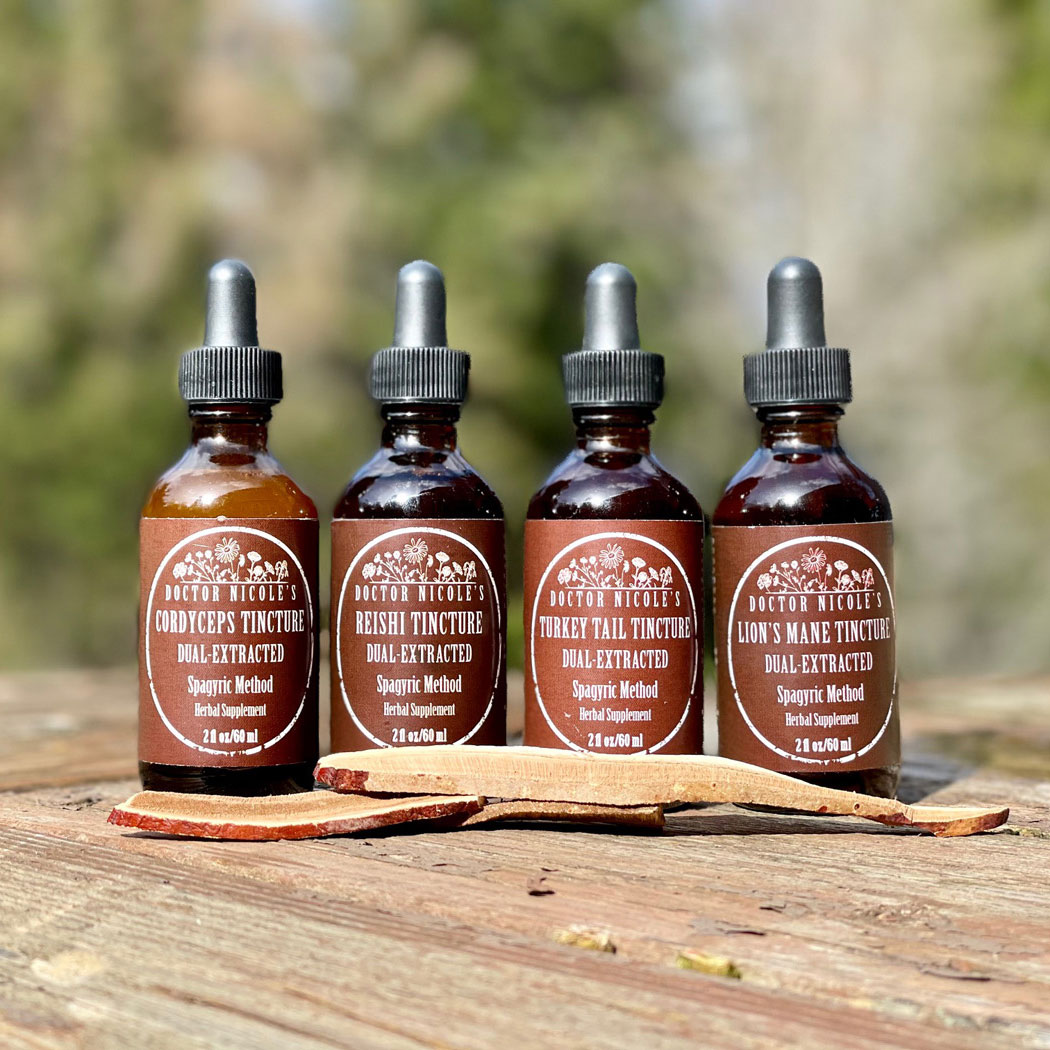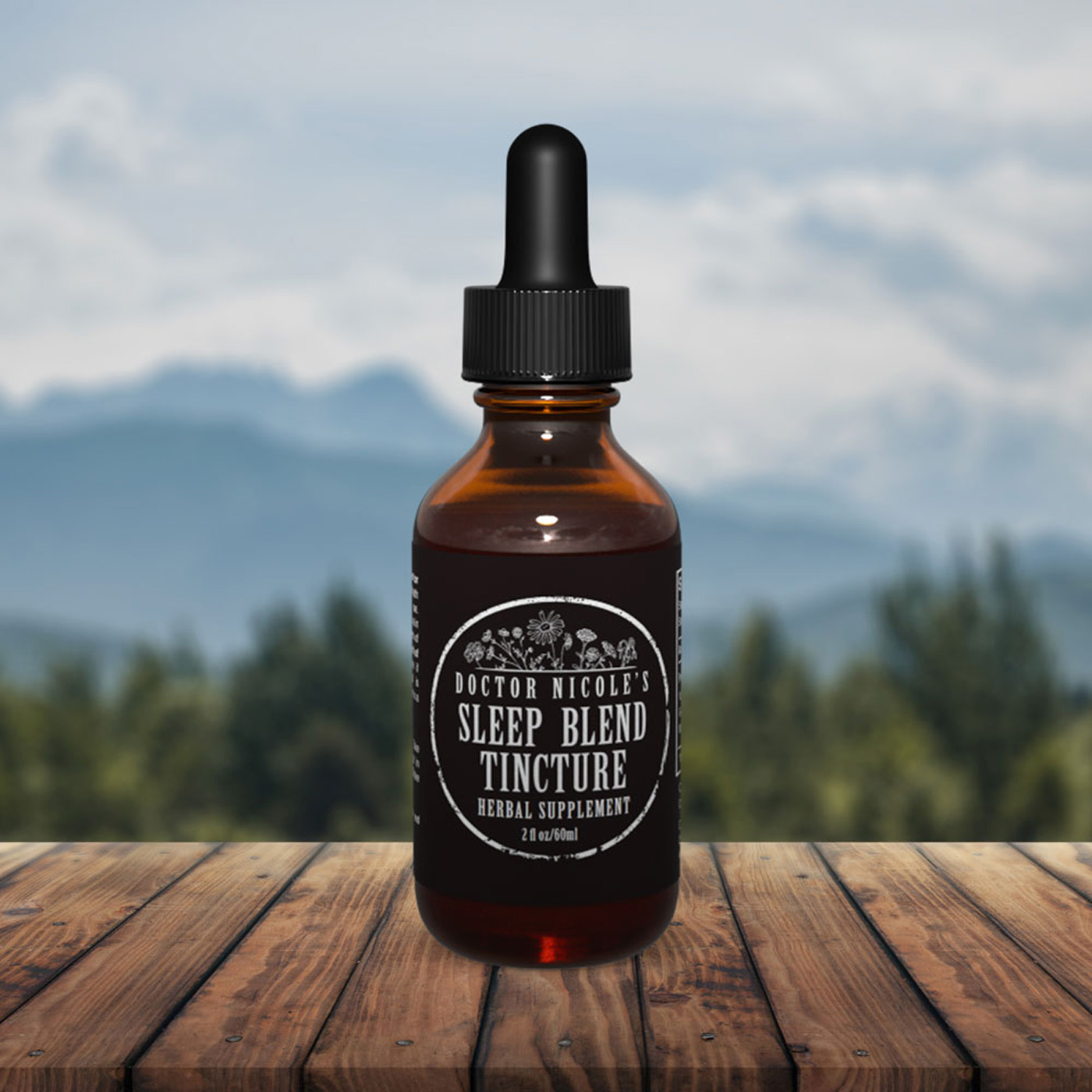A Traditional Remedy for Today
With the relatively recent uptick in popularity of cannabis products, it may come as a surprise that this plant has been used for over 5,000 years.6 From sleepless nights to chronic pain, many are turning to cannabis products as a natural solution for a range of health conditions. Research suggests that it may offer relief for inflammation, MS spasticity, autoimmunity, anxiety, and more. But how does it work and is it the right choice for you? In this post, we’ll explore the science behind the plant, its potential benefits, and safety considerations.
The Difference Between Cannabis and Hemp
There tends to be confusion about the difference between marijuana and hemp. Let’s help to clear that up. While both come from the same species, Cannabis sativa, marijuana is produced from a plant that is bred to produce high levels of tetrahydrocannabinol (THC), which is what gives it its psychoactive properties, whereas CBD oil is produced from hemp seeds that only contain trace amounts of THC and does not produce the characteristic “high” of marijuana. The hemp plant also has a range of industrial uses, such as providing fiber for paper, construction, and clothing.
Autoimmunity, MS, Pain, Inflammation, and Spasticity
Several studies have shown that CBD can calm an overactive immune system and may be helpful for autoimmune conditions — including multiple sclerosis.1 According to a review published in the medical journal Life:
“CBD has shown potential in the treatment of MS symptoms. CBD, in particular, has been shown in numerous trials to reduce stiffness, discomfort, inflammation, exhaustion, and depression in MS patients, resulting in increased mobility.”8
Along with reducing inflammation, cannabis also lowers pain — which is often associated with autoimmune disorders.2,3 Moreover, research has found that CBD is effective for treating neuropathic and chronic pain, as well as peripheral neuropathy — especially when it is combined with THC because of its “intoxicating, antiemetic, and anti-inflammatory properties.”5,6,7
Several clinical studies have also established that Cannabis sativa reduces MS spasticity with minimal side effects. The researchers believe this is due to the activation of CB1 receptors, which inhibit the release of excitatory neurotransmitters such as glutamine, along with activating somatic and dendrite potassium channels.10,11
“The main psychoactive constituent of the C. sativa plant, 9-THC, was discovered in the late 1980s and was shown to have activity on a specific cannabinoid receptor in the brain, which had a huge impact on the development of cannabinoid therapeutic drugs and their potential to relieve MS spasticity symptoms.”8,9

Calming Insomnia & Anxiety
CBD is also helpful for addressing anxiety and insomnia, which often go hand in hand. In one small study, 57 men were given either CBD oil or a placebo before a public speaking event. The research team then monitored their anxiety levels via blood pressure and heart rates. A visual Analog Mood Scale was also used to test the participants. What they discovered is the men who took 300 mg of CBD oil reported less anxiety than those given the placebo. Interestingly, the anxiety-lowering effect was only seen in the 300 mg group, not in those who took either 100 mg or 600 mg of CBD.12
Likewise, another double-blind placebo-controlled study found that CBD decreased social anxiety disorder in teenagers. However, the study was quite small with only 37 participants.13 A larger 2019 case study involving 103 adult patients also demonstrated solid improvement in anxiety levels in an impressive 79.2% of the participants who took CBD.14
Since anxiety and spinning thoughts often cause insomnia, it shouldn’t come as a surprise that CBD can help improve sleep as well. The same case study noted above also found that CBD has a calming effect on the nervous system and improved the sleep scores of 48 patients (66.7%) within the first month. Additionally, a recent systematic review published in 2022 found that “CBD alone or with equal quantities of THC may be beneficial in alleviating the symptoms of insomnia”.15
Safety
CBD is generally safe for adults. However, it is uncertain whether it is safe to use CBD products in those under the age of 21 as the potential long-term effects on the hormonal system are not known.16 It is also very important to consult with your healthcare practitioner before using CBD if you are currently taking prescription medication — especially those for treating mental health conditions. Side effects can include tiredness, nausea, headaches, diarrhea, and changes in appetite and weight. A 2017 review found that adults can typically tolerate doses of CBD up to 1,500 milligrams a day without ill effects.17
My Favorite CBD Products
I have happily used Metolius hemp products for quite some time with outstanding results for inflammation, managing MS, and as an adaptogen. And now, I have partnered with Metolius to create three products for Immunity, Gut Health, and Sleep.
I chose their product over the many other options on the market because it has the highest quality isolate and contains a greater amount of cannabinoids and terpenes. This creates a synergy that helps boost the efficacy of each bioactive compound.
If you would like an all-in-one formulation with added CBD, these are for you! Better yet, my friends at the Metolius Hemp Company are giving you a generous 30% off so you can try these exciting products for yourself!
Use the coupon code “Nicole” for 30% off your entire order (except the already discounted CannaClubs).
Seeking plant-based remedies without CBD for anxiety, inflammation, and insomnia? I have you covered! Visit my apothecary today to learn more about our Anxiety & Stress Blend, Mushroom FOURtress, and Sleep Blend.
Nicole Apelian
Nicole’s Apothecary Products in this Post
References
- Nichols, J. M., & Kaplan, B. L. F. (2020). Immune Responses Regulated by Cannabidiol. Cannabis and cannabinoid research, 5(1), 12–31. https://doi.org/10.1089/can.2018.0073
- Pacher, P., Kogan, N. M., & Mechoulam, R. (2020). Beyond THC and Endocannabinoids. Annual review of pharmacology and toxicology, 60, 637–659. https://doi.org/10.1146/annurev-pharmtox-010818-021441
- Darkovska-Serafimovska, M., Serafimovska, T., Arsova-Sarafinovska, Z., Stefanoski, S., Keskovski, Z., & Balkanov, T. (2018). Pharmacotherapeutic considerations for use of cannabinoids to relieve pain in patients with malignant diseases. Journal of pain research, 11, 837–842. https://doi.org/10.2147/JPR.S160556
- Eskander, J. P., Spall, J., Spall, A., Shah, R. V., & Kaye, A. D. (2020). Cannabidiol (CBD) as a treatment of acute and chronic back pain: A case series and literature review. Journal of opioid management, 16(3), 215–218. https://doi.org/10.5055/jom.2020.0570
- Schilling, J. M., Hughes, C. G., Wallace, M. S., Sexton, M., Backonja, M., & Moeller-Bertram, T. (2021). Cannabidiol as a Treatment for Chronic Pain: A Survey of Patients’ Perspectives and Attitudes. Journal of pain research, 14, 1241–1250. https://doi.org/10.2147/JPR.S278718
- Haddad F, Dokmak G, Karaman R. The Efficacy of Cannabis on Multiple Sclerosis-Related Symptoms. Life (Basel). 2022 May 5;12(5):682. doi: 10.3390/life12050682. PMID: 35629350; PMCID: PMC9148011.
- Fischedick J.T. Identification of terpenoid chemotypes among high (−)-trans-Δ9-tetrahydrocannabinol-producing Cannabis sativa L. cultivars. Cannabis Cannabinoid Res. 2017;2:34–47. doi: 10.1089/can.2016.0040.
- Haddad F, Dokmak G, Karaman R. The Efficacy of Cannabis on Multiple Sclerosis-Related Symptoms. Life (Basel). 2022 May 5;12(5):682. doi: 10.3390/life12050682. PMID: 35629350; PMCID: PMC9148011.
- Pertwee R.G. Emerging strategies for exploiting cannabinoid receptor agonists as medicines. Br. J. Pharmacol. 2009;156:397–411. doi: 10.1111/j.1476-5381.2008.00048.x.
- Kreitzer A.C., Regehr W.G. Retrograde signaling by endocannabinoids. Curr. Opin. Neurobiol. 2002;12:324–330. doi: 10.1016/S0959-4388(02)00328-8.
- Alger B.E. Retrograde signaling in the regulation of synaptic transmission: Focus on endocannabinoids. Prog. Neurobiol. 2002;68:247–286. doi: 10.1016/S0301-0082(02)00080-1.
- Linares IM, Zuardi AW, Pereira LC, et al. Cannabidiol presents an inverted U-shaped dose-response curve in a simulated public speaking test. Braz J Psychiatry. 2019 Jan-Feb;41(1):9-14. doi:10.1590/1516-4446-2017-0015
- Masataka N. Anxiolytic effects of repeated cannabidiol treatment in teenagers with social anxiety disorders. Frontiers in Psychology. 2019;10. doi:10.3389/fpsyg.2019.02466
- Shannon S, Lewis N, Lee H, Hughes S. Cannabidiol in Anxiety and Sleep: A Large Case Series. Perm J. 2019;23:18-041. doi: 10.7812/TPP/18-041. PMID: 30624194; PMCID: PMC6326553.
- Ranum, R. M., Whipple, M. O., Croghan, I., Bauer, B., Toussaint, L. L., & Vincent, A. (2023). Use of Cannabidiol in the Management of Insomnia: A Systematic Review. Cannabis and cannabinoid research, 8(2), 213–229. https://doi.org/10.1089/can.2022.0122
- Iffland, K., & Grotenhermen, F. (2017). An Update on Safety and Side Effects of Cannabidiol: A Review of Clinical Data and Relevant Animal Studies. Cannabis and cannabinoid research, 2(1), 139–154. https://doi.org/10.1089/can.2016.0034
- Iffland, K., & Grotenhermen, F. (2017). An Update on Safety and Side Effects of Cannabidiol: A Review of Clinical Data and Relevant Animal Studies. Cannabis and cannabinoid research, 2(1), 139–154. https://doi.org/10.1089/can.2016.0034









